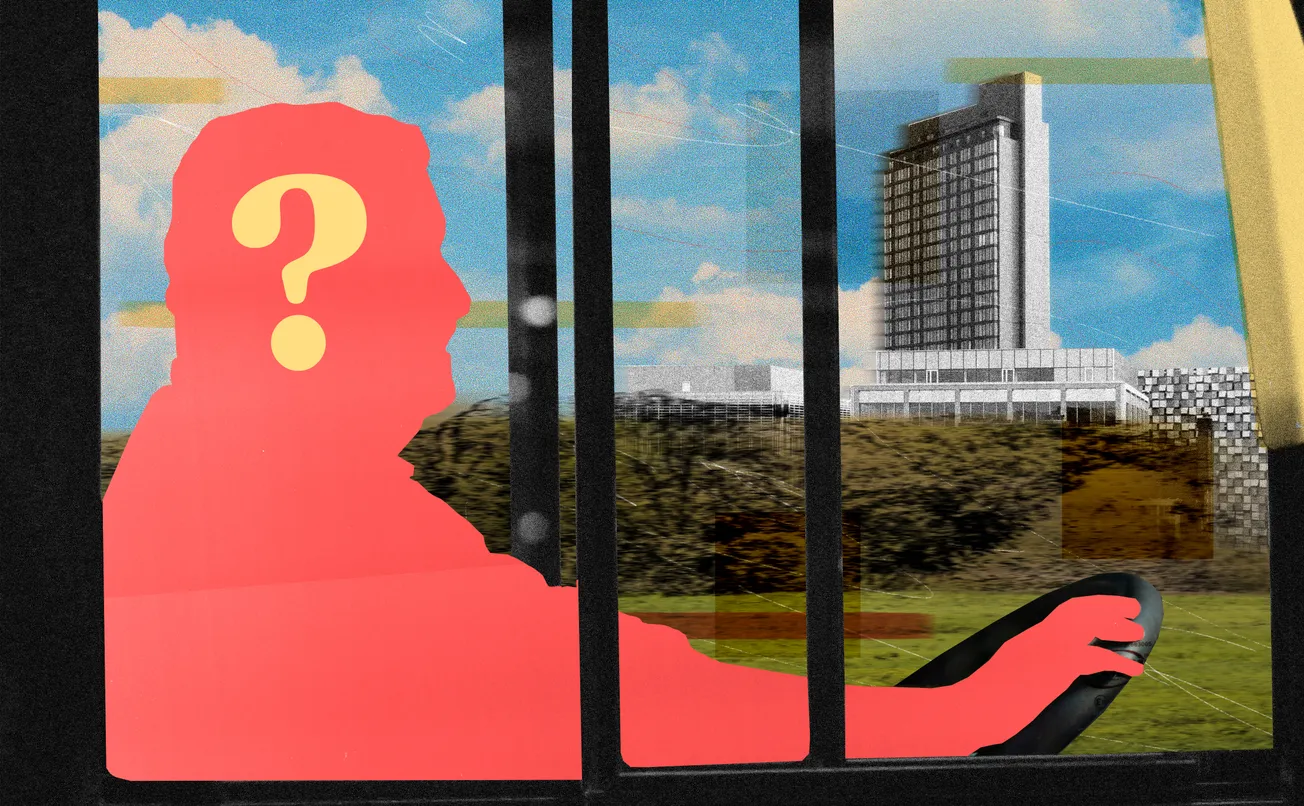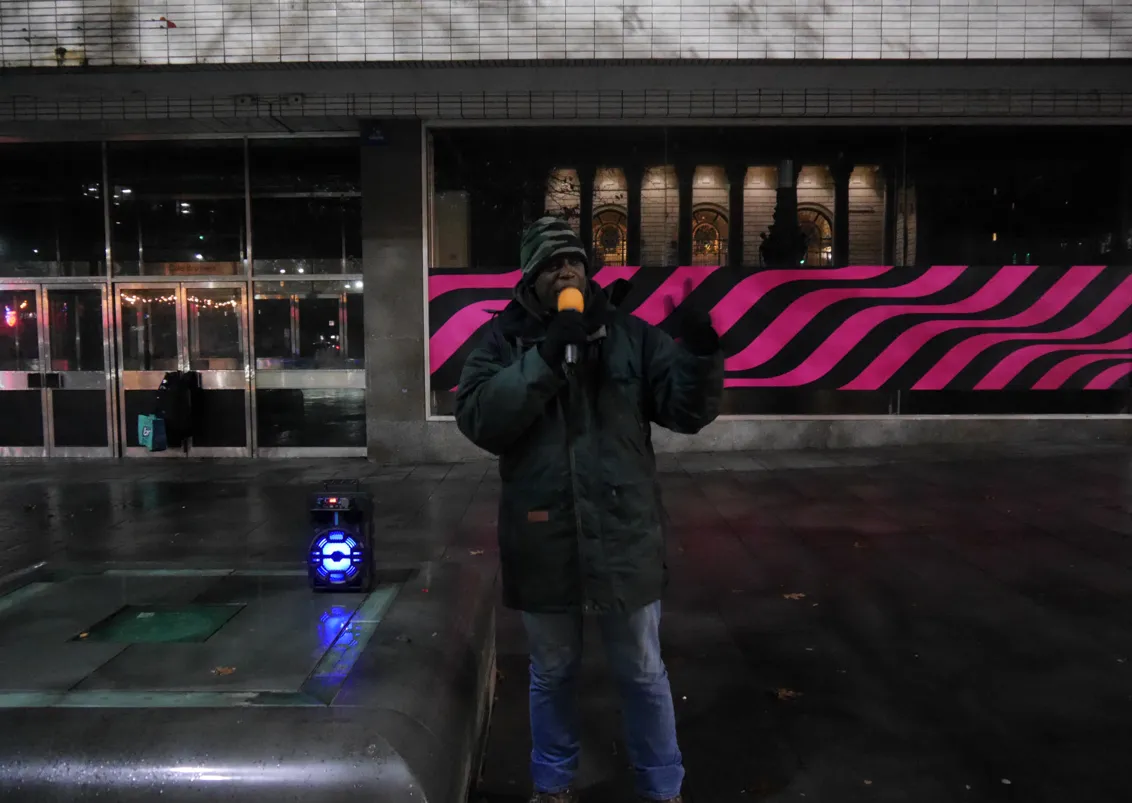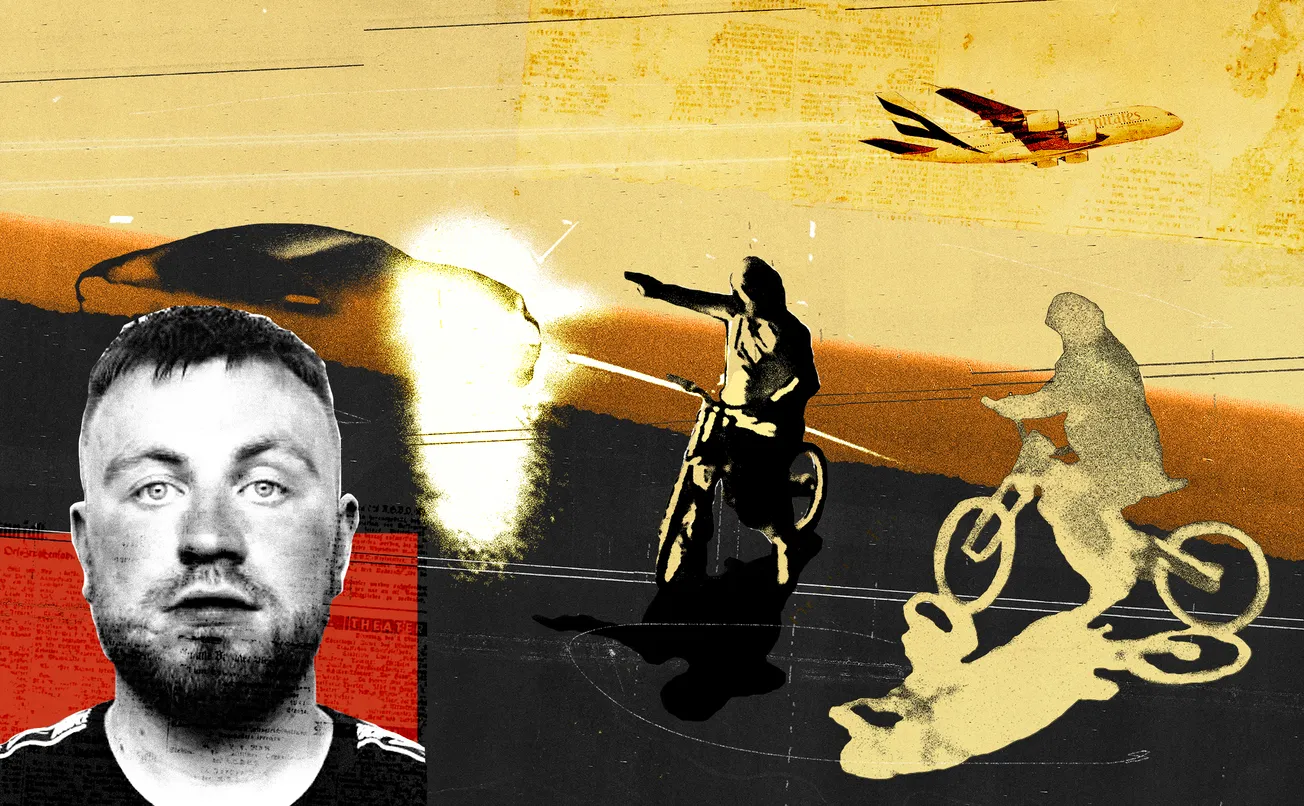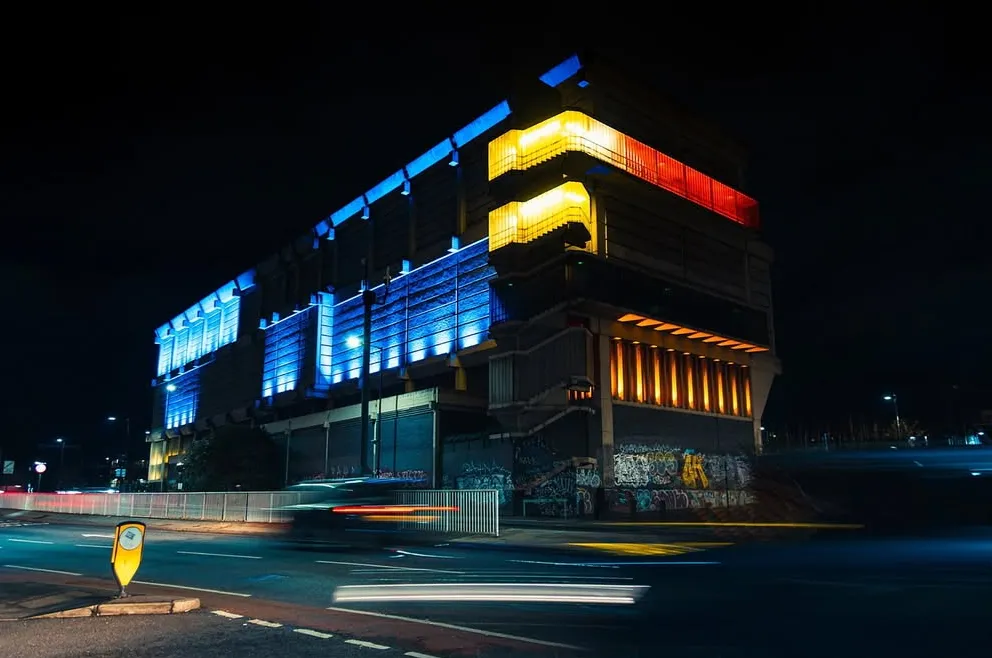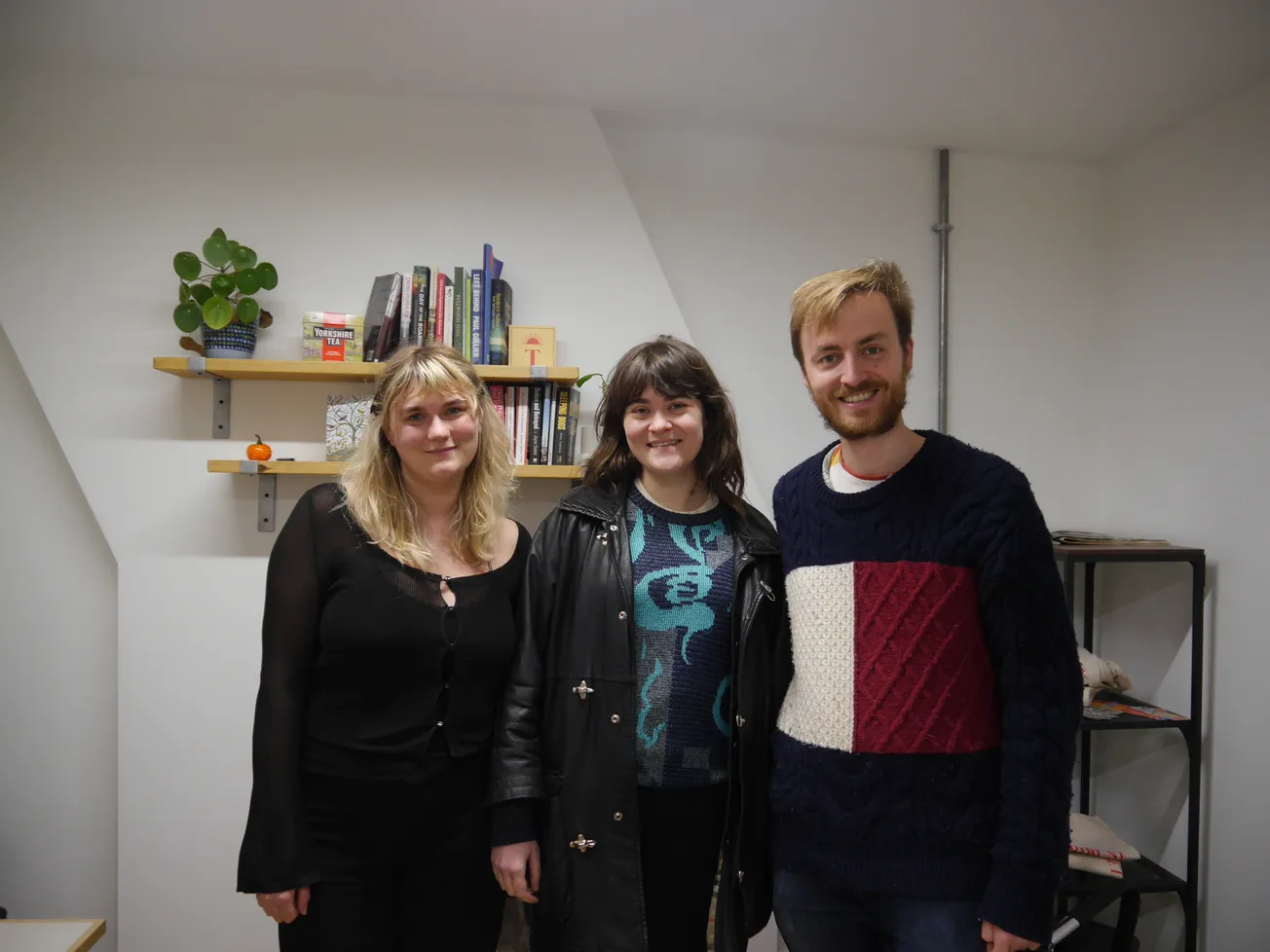I got into driving buses after changing careers in my 50s. When I was looking for something else to do, it was either this or driving a HGV. I chose buses because I like to meet people and driving a lorry all day, every day sounded a bit lonely. After a couple of years doing it, I’d say I still liked people, but they don’t half test my patience.
Generally speaking, the bus driver’s biggest problem is the public. It starts from before you pick them up. Public service announcement: if you want a bus to stop, you need to hold your arm out in good time and don’t take it back in until you see the indicator flashing. Bus drivers can’t read your thoughts, although some of you behave as though you think we can. And poking your arm out at the last minute and then shooting us an incredulous look doesn’t cut it, sorry. A fully laden double decker bus weighs about 18 tonnes. It takes a long time to bring it safely from 30mph down to standstill and I’m the only one on board wearing a seat belt. I can stop it quicker in an emergency, but you will need a fleet of ambulances to deal with all the casualties inside the bus.
Once they get on the bus, the vast majority of passengers are nice, especially people you see really early in the morning. They are just really appreciative of someone who has had to get up even earlier than they have. But some people make the job far more difficult than it needs to be. If your bank card declines it isn’t “a problem with my machine” and you can’t just get on anyway. And if I’m just about to set off, opening the doors using the emergency button on the outside of the bus will definitely get you thrown off. No questions asked.
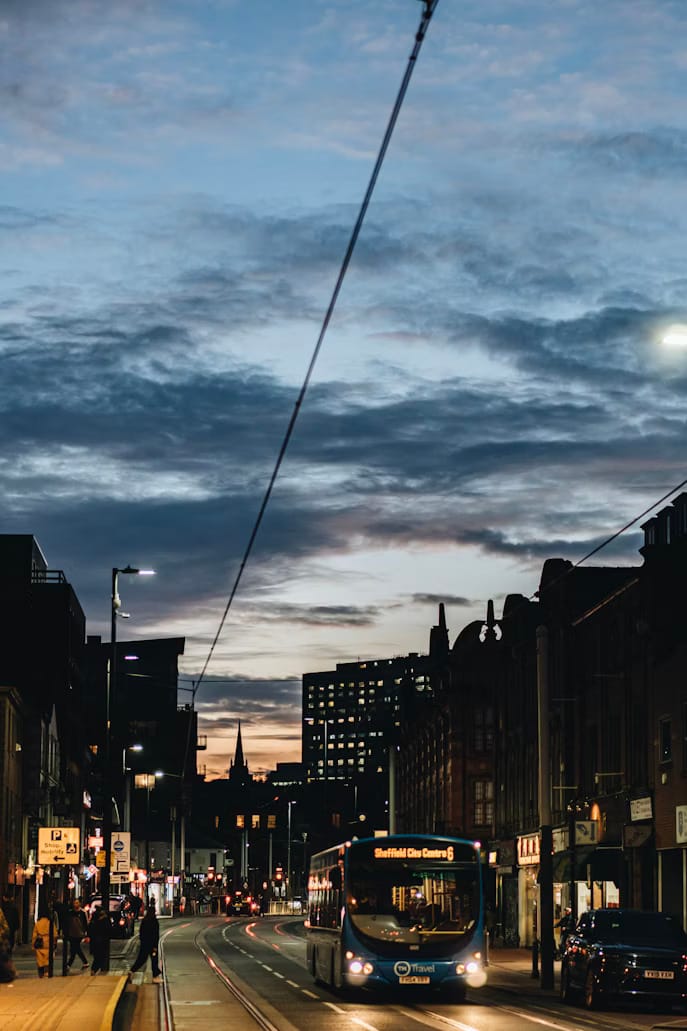
Many of these people should know better but others can't help it. Bus drivers have to deal with people in mental health crisis and people in various states of inebriation. You become almost an arm of the social services at times. You also come across some pretty strange sights. Before becoming a bus driver, I never knew that Totley terminus was a well-known dogging spot. I haven’t caught anyone in the act on the bus yet, but I have heard stories.
The hours are long and unsociable. Sometimes we start at 4.15am; other times we don’t finish until gone half past midnight. And the pay isn’t great either. A couple of quid an hour over minimum wage. The last few weeks have been horrendous with the heat. The big front windows and the protection screens turn the cab into a greenhouse. When it got to 30 degrees, I felt like I was cooking in there. In winter we have the opposite problem. The driver’s cab is miles away from the engine so it takes forever to get warm. Other places are getting electric buses with air-con but they don't work here because of the hills.
But, of all the problems we encounter, the biggest is the stress. Coming from a white collar world I would never have imagined just how stressful driving a bus could be. There is very little slack built into the timetable and if you don’t meet your times, things snowball out of control very quickly. If you’ve ever met a grumpy bus driver, now you know why.
Why your bus is always late
Timetables are produced based on ‘average’ journeys. The problem is that the ‘average’ journey almost never happens. The level of road congestion and the number of passengers getting on and off the bus changes from day to day, week to week and month to month.
A bus driver has the timetable stored in the ticketing machine on their bus. Once the bus is moving it changes the display on the ticketing machine from ticket selection to a screen which displays just the current time, the name of the next stop, what time it is due at that stop and whether the bus is running on time, early or late. The normal state of affairs when I am driving is that it is running up to five minutes late.
As long as each journey has the average number of passengers getting on and off a bus and traffic which is the average level of congestion, then everything will run to time. But two things slow you down: the type of passenger getting on and traffic.
If there are a group of elderly people getting on you’re laughing. They all have bus passes so you can get half a dozen of them in and moving to their seats within 20 seconds. It can take just as long, if not longer, to onboard one single student. By the time they have shown me their student ID, I’ve set the ticket price on the machine, they’ve fumbled with their phone and the machine has taken three seconds to confirm the transaction and print the ticket, I’m already getting behind on the timetable. And that’s just one student. It’s all just seconds but it adds up.
The other thing is traffic enforcement, which in Sheffield is patchy at best. It’s actually an offence to stop or park in a bus stop, but no one ever gets done for this. Taxi drivers and delivery vans are the main culprits when it comes to this but they always get away with it.
In theory, bus gates and lanes are meant to automatically catch people, but only a few are camera monitored. Drive down the bottom of Ecclesall Road in a bus lane during operating hours and you will receive a letter through the post with a fine. Do the same at the bottom of London Road and 99% of the time you will get away scot free.
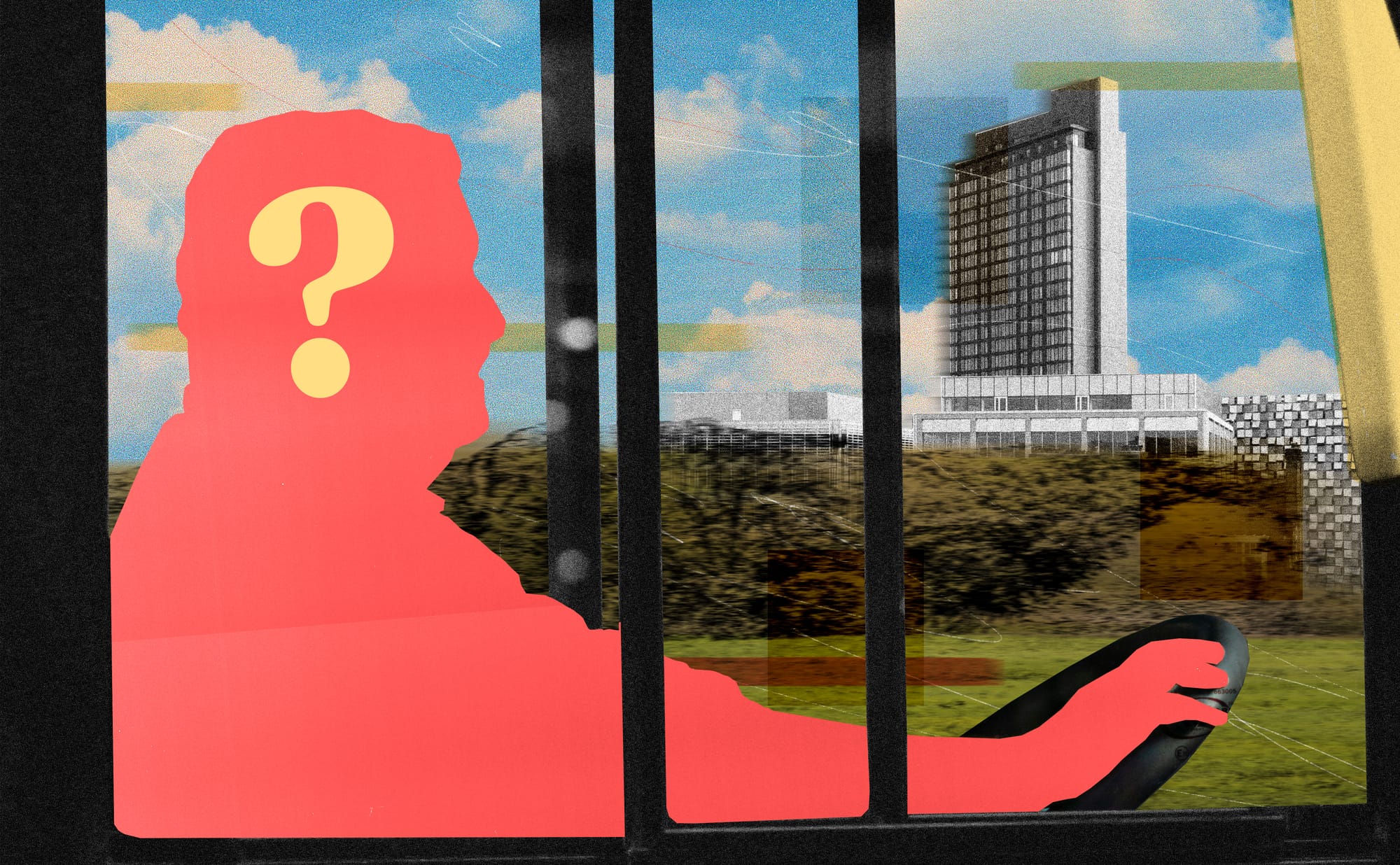
How it all starts to go wrong and when it can snowball
It should now be fairly easy to see how delays cascade down the bus route. Once a bus is running late because of traffic congestion and/or challenges with onboarding passengers, then the situation often snowballs out of control. During the afternoon rush hour it’s not uncommon to see three 120 buses traveling into Fulwood.
Five minutes delay is just about manageable, but if it gets much longer, things start to unravel. I am picking up passengers later and later, which means that I am starting to take ones who should really have caught the bus that is following me. I am also having to onboard more passengers than I would expect, which increases my delay. The bus now following me is arriving at bus stops that are empty and so they just carry on driving, getting nearer and nearer. Eventually they will catch me up. At this point, if they can overtake me they will move on to the next stop where they will pick up all the passengers who should have caught my bus, together with the passengers they should have collected. In the meantime I am now behind their bus so if I can overtake them I will and then at the next stop it’s my turn to pick up two buses’ passengers. This absurd “dance” continues for the remainder of the journey all the way to the terminus. Often both buses are actually late to start off their return journey and so the dance continues.
The two things that would make buses more reliable are public control and having the guts to fully enforce existing traffic restrictions. Bringing buses back under public control with a single control centre should make the snowballing delays a thing of the past. And if they’re clever it should also mean mandatory travel cards which will reduce variability in onboarding times and speed the whole system up. London has done this for years with the Oyster card.
We have the technology to fully enforce the existing traffic control restrictions, but it needs the political will to enact it. Bus stop and bus lane violations could also be better enforced if there were more cameras, and if South Yorkshire Police allowed submission of dash cam footage from buses to prosecute drivers. The financial costs of implementing these systems are irrelevant as they are revenue generating. More than anything it is a political issue.
If any other readers want to (anonymously) lift the lid about what it’s really like to do their job, please get in touch.


